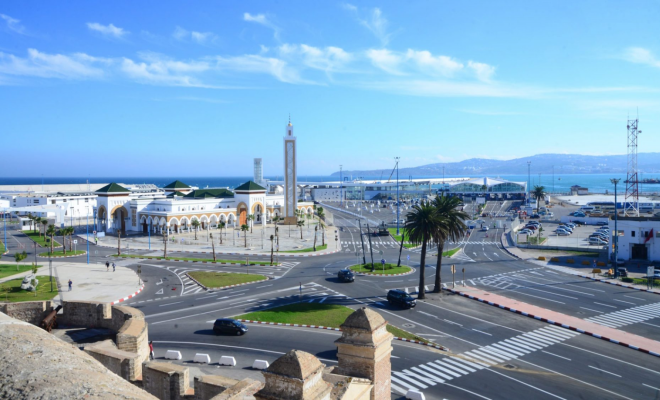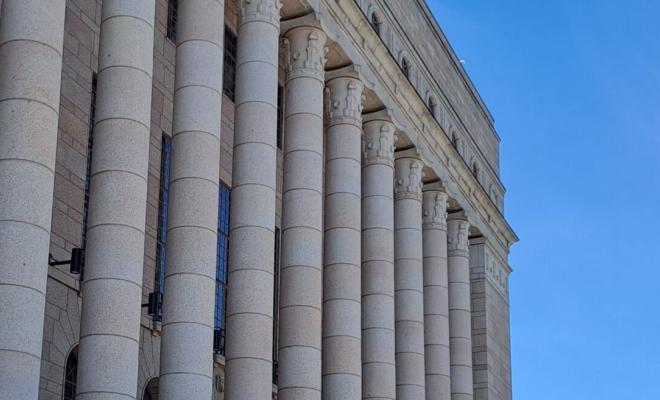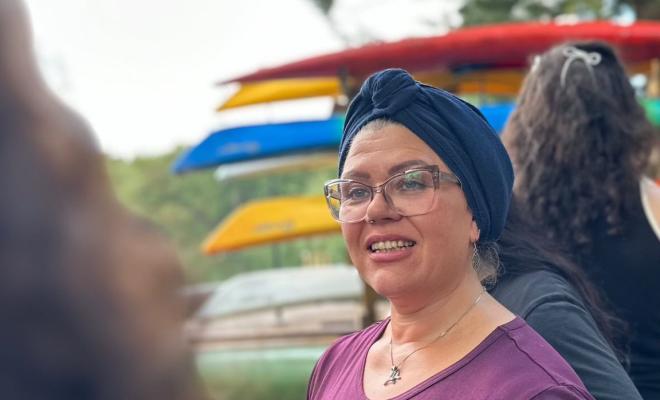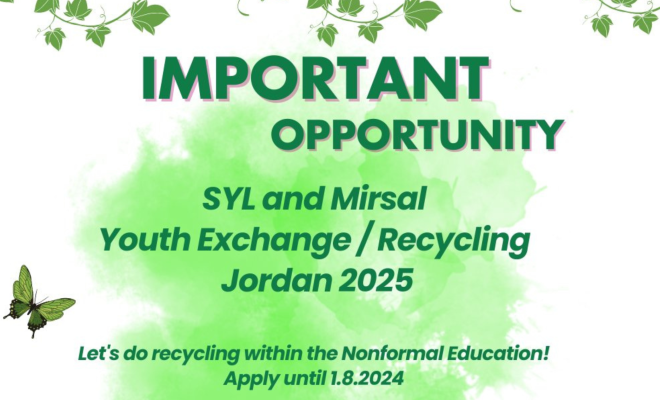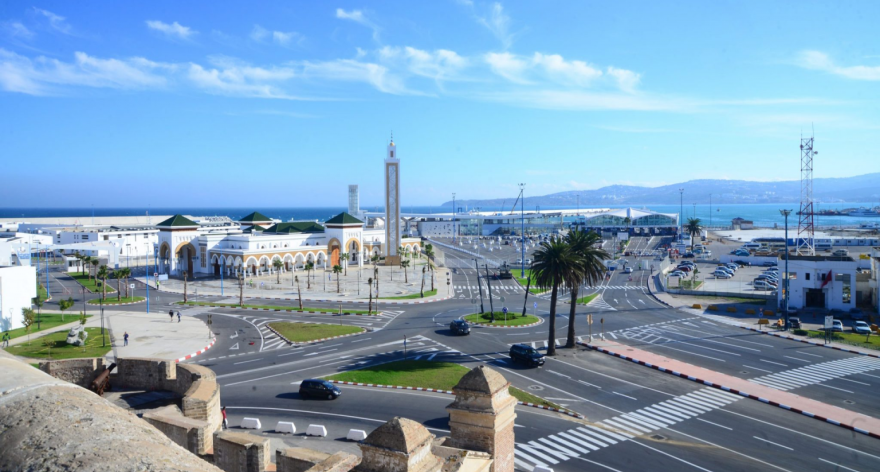
Course Dates: October 20-27, 2024
Application Deadline: September 2, 2024 (applications must be submitted using this form: https://link.webropolsurveys.com/Participation/Public/ec3bf149-627b-4777-a410-207615ab9d2d?displayId=Fin3145906 )
Credits: 5 ECTS (equivalent to home university)
Languages: Finnish, English, and Arabic. The Arabic-language program will be interpreted, so proficiency in Arabic is not required.
Organizer: The Finnish Institute in the Middle East (FIME)
Target Group: The course is open to 10 master's level students from relevant fields (e.g., history, sociology, anthropology, urban studies, architecture, art studies, regional studies).
If you ask a taxi driver in Tangier, Morocco, when his hometown was founded, the answer is perplexing: "Tangier has always existed." Located at the meeting point of the Mediterranean and the Atlantic Ocean, and at the western mouth of the Strait of Gibraltar, the city's history has been shaped by a breathtaking chain of civilizations and cultures, with its written history extending back 2500 years.
In 1923, major colonial powers divided Tangier into their own zones, turning it into a favorite destination for European and American diplomats, spies, writers, intellectuals, and businessmen—sometimes a haven for vice, depending on who you ask. The city's oldest bars still display photos from the golden years of the 1960s, when Hollywood actors and rock stars frequented the nightlife. Beyond its glossy past, modern Tangier has a darker side. By the 1960s, a massive migration from rural poverty began, leading to the spread of makeshift corrugated metal housing. In the early 1990s, Tangier became known as a starting point for migrant smuggling across the Strait of Gibraltar, with thousands of poor youth heading towards Southern Europe's labor markets. Concurrently, social inequality and feelings of exclusion drove more people into the influence of extremist groups. Youth from the Tangier-Tetouan region have been involved in terrorist attacks in Europe and as foreign fighters in ISIS territories in Syria and Iraq.
By the 2000s, Tangier's urban structure underwent massive changes. Morocco has undertaken mega-projects ranging from airport, high-speed train, tramway, and port construction to the development of new residential areas aimed at alleviating poverty. These face-lifting projects that attract international capital can be seen as a sign of the country’s political transformation. The new public urban spaces reflect the entrenchment of neoliberal governance and global capitalism in Morocco. The extensive urban renewal is closely related to the country’s poorly functioning democracy, which is shaped by an authoritarian, monarchy-centered regime that marginalizes local authorities and civil society actors.
The student course focuses on the actors, structures, and spaces that create and sustain unequal globalization in contemporary Morocco. During the course, various voices emerging from Morocco’s transformations will be heard. Perspectives will be provided by officials involved in planning and implementing construction projects, tourism professionals praising the city’s new look, as well as researchers and activist citizens familiar with the realities of impoverished neighborhoods and the dynamics of resistance.
Format: Study trip and related assignments. Details about course equivalencies and completion will be provided to selected students. The course leader is researcher Marko Juntunen from the University of Helsinki. The required reading is his book "Islamic Daily Life: The World Through Moroccan Eyes" (2005).
Course Fee: €500. This includes direct flights from Helsinki to Malaga, bus and ferry travel to Morocco, hotel accommodations, and the program with lectures and site visits. The fee does not include meals, and accepted students are required to obtain travel insurance. Travel days are October 20 and 27, with working days from October 21 to 26. Please note that the €500 fee must be paid by September 25, 2024.
Note: Tangier can be challenging for individuals with mobility issues. We will do our best to arrange an accessible program if necessary, but we cannot guarantee that the entire program will be accessible.
